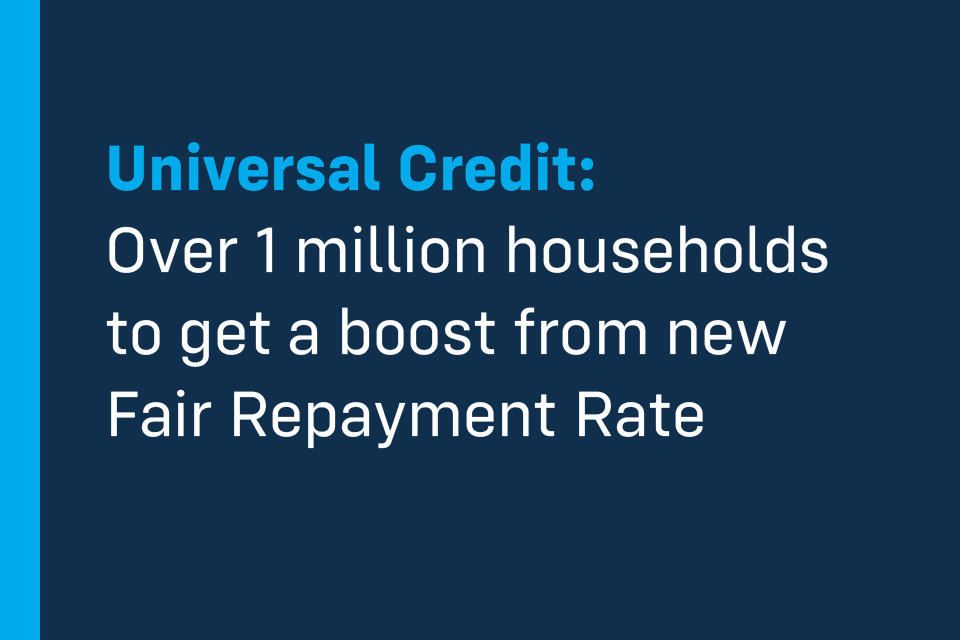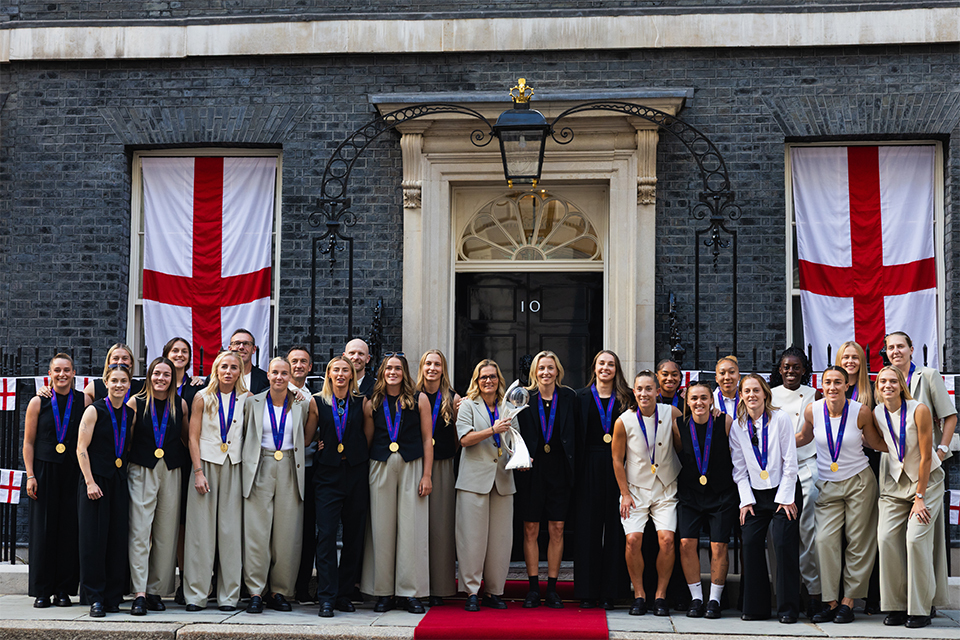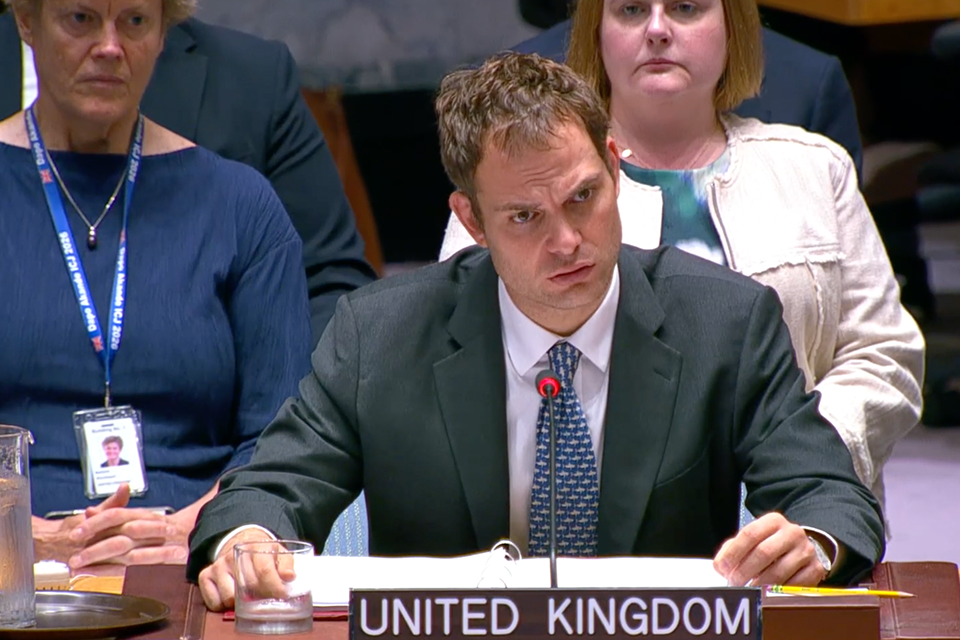- Around 1.2 million of the poorest households – including 700,000 with children – will keep an extra £420 a year on average, due to Universal Credit change.
- New Fair Repayment Rate – which comes into force today – caps Universal Credit deductions at 15%, down from 25%.
- Comes as part of the Government’s Plan for Change to make working people better off by helping them into jobs and extending support for low-income families.
More than one million households struggling with debt will get to keep an average £420 more of their benefits each year, under a change to Universal Credit coming into force today [Wednesday 30 April 2025].
The Fair Repayment Rate places a limit on how much people in debt can have taken off their benefits to pay what they owe. The maximum amount that can be taken from someone’s Universal Credit standard allowance payment to repay debt has been 25% – but from today this is reduced to 15%.
This will mean an average £420 extra a year for 1.2 million of the poorest households, including 700,000 households with children, while helping people to pay down their debts in a sustainable way.
It forms part of the Government’s Plan for Change to put more money into people’s pockets and boost living standards and marks the Government’s first step in a wider review of Universal Credit to ensure it is still doing its job.
The Fair Repayment Rate was introduced by the Chancellor at the Autumn Budget, as part of broader efforts to raise living standards, combat poverty, and tackle the cost-of-living crisis.
Chancellor of the Exchequer Rachel Reeves said
As announced at the budget, from today, 1.2 million households will keep more of their Universal Credit and will be on average £420 better off a year. This is our plan for change delivering, easing the cost of living and putting more money into the pockets of working people.
With as many as 2.8 million households seeing deductions made to their Universal Credit award to pay off debt each month, the new rate is designed to ensure money is repaid where it is owed, and people can still cover their day-to-day needs.
Work and Pensions Secretary Liz Kendall said
As part of our Plan for Change, we are taking decisive action to ensure working people keep more of the benefits they’re entitled to – which will boost financial security and improve living standards up and down the country.
We’re delivering meaningful change to ensure everyone has a fair chance, the support they need, and real hope for the future.
The Fair Repayment Rate is one of a number of bold measures the Government is taking as part of its Plan for Change to kickstart growth and spread prosperity across the country.
Viewing work as a key route out of poverty, the Government set out the Get Britain Working White Paper – aiming to achieve its target 80% employment rate by overhauling Jobcentres, introducing a new jobs and careers service, and launching a youth guarantee so every young person is earning or learning. This comes on top of increasing the National Minimum and National Living Wage to ensure being in work pays.
To support those in greatest need, the Household Support Fund has been extended another year – backed by £742 million, so local councils can continue to support low-income households with energy bills, food and essential items, while also funding long-term solutions, like home insulation, to help people at risk of falling into poverty.
The Government is also working to tackle child poverty, rolling out free breakfast clubs in all primary schools in England as the dedicated ministerial taskforce builds its ambitious strategy to ensure every child has the best start in life.
Additional information
- The change will be applied to all assessment periods that start on or after 30 April.
- The 15% deductions cap continues to support customers to repay their debts at a sustainable rate.








